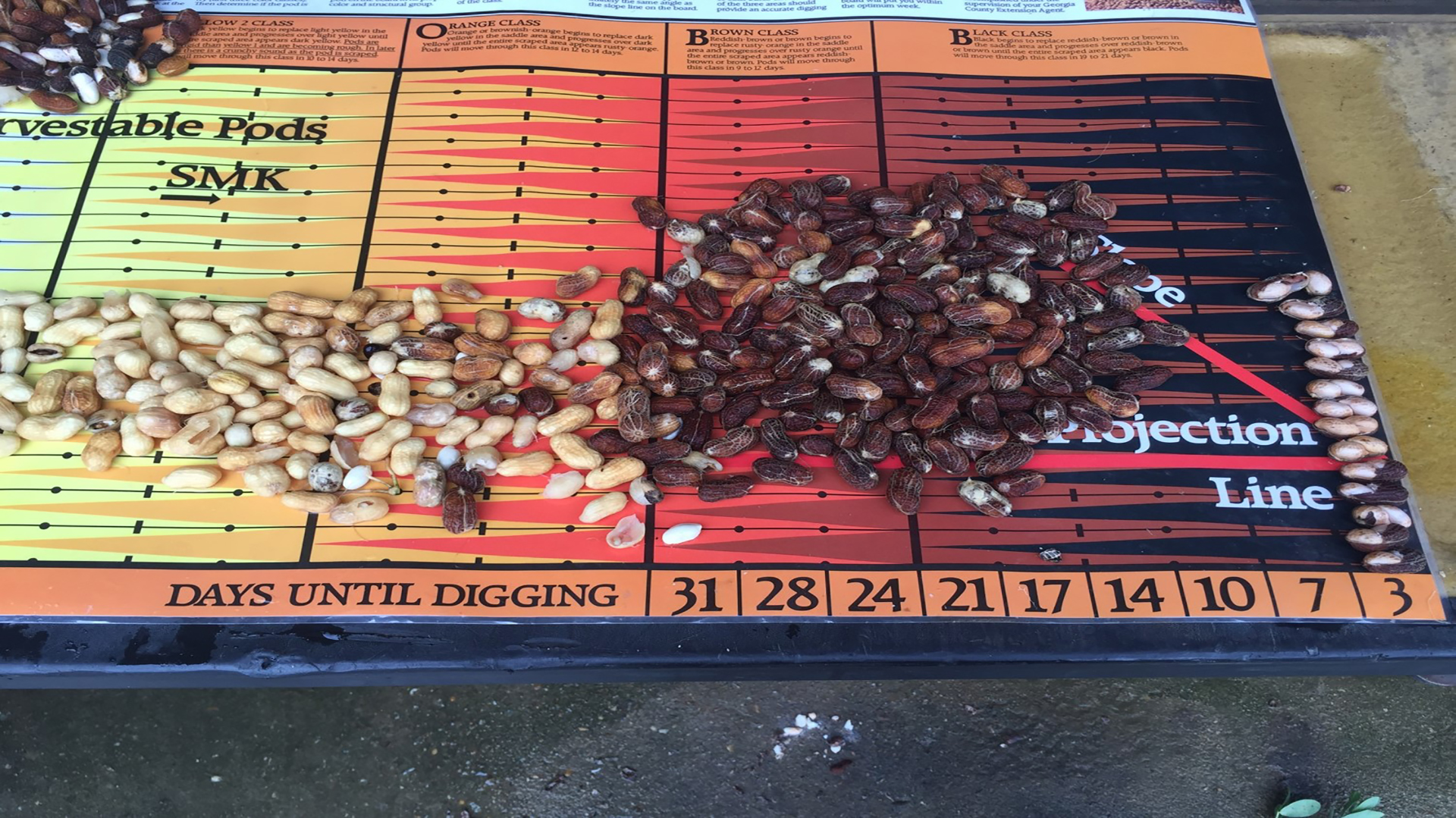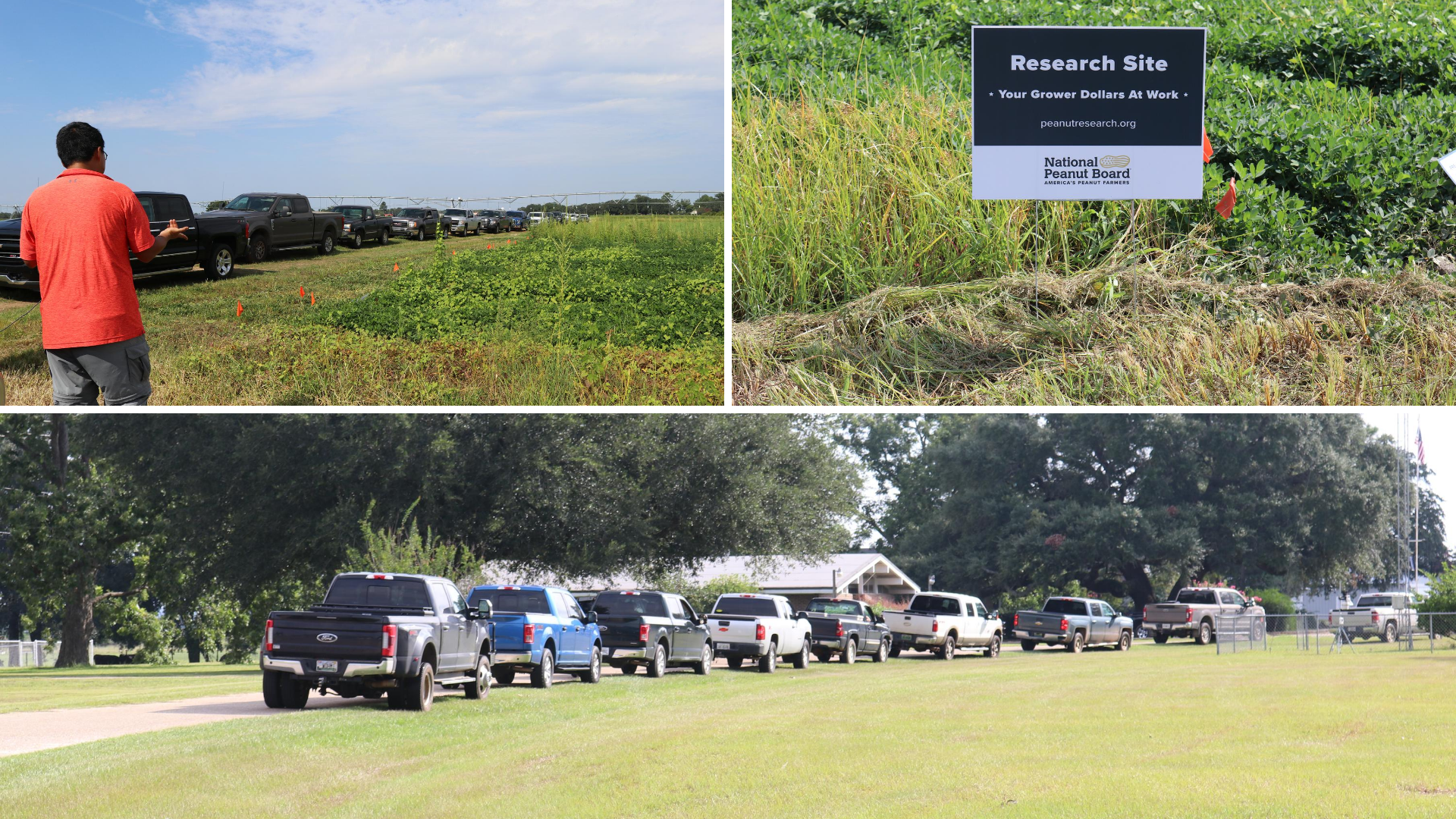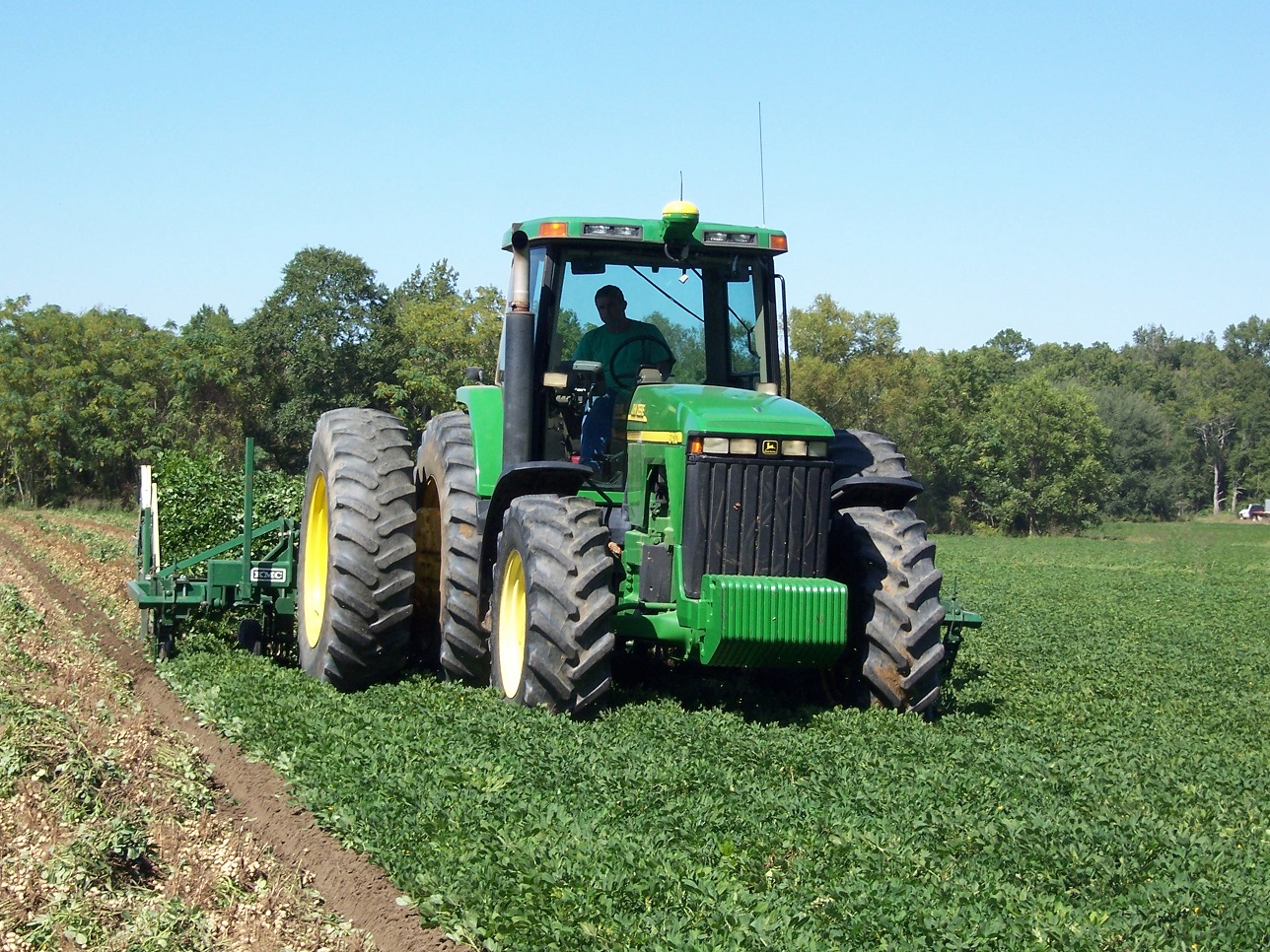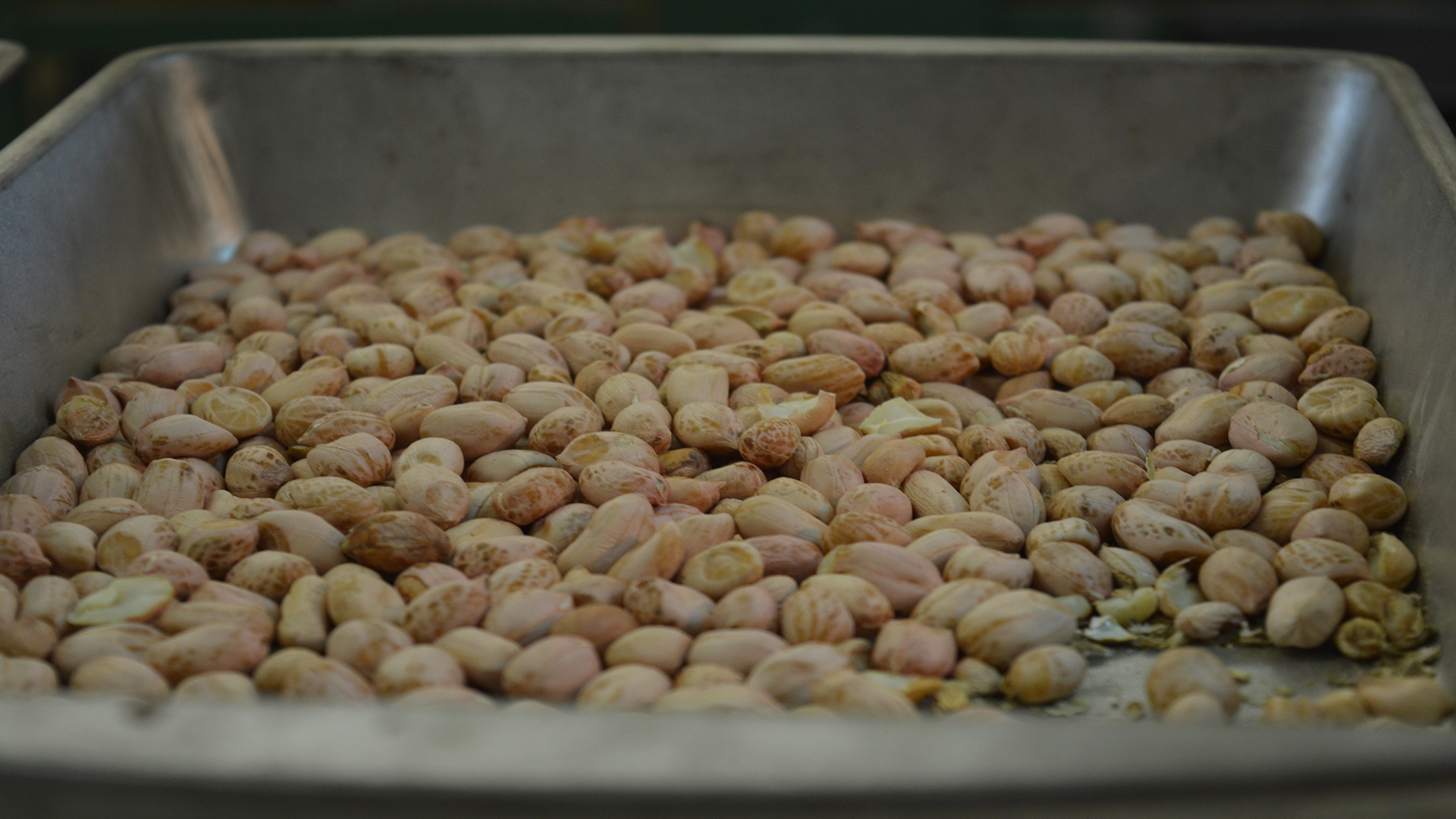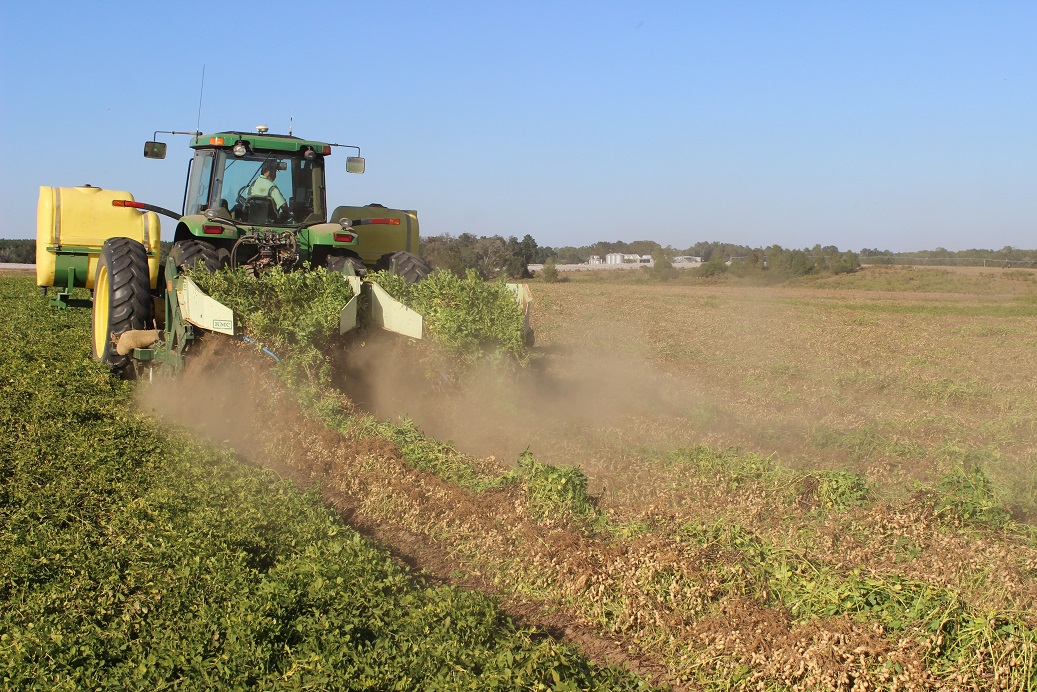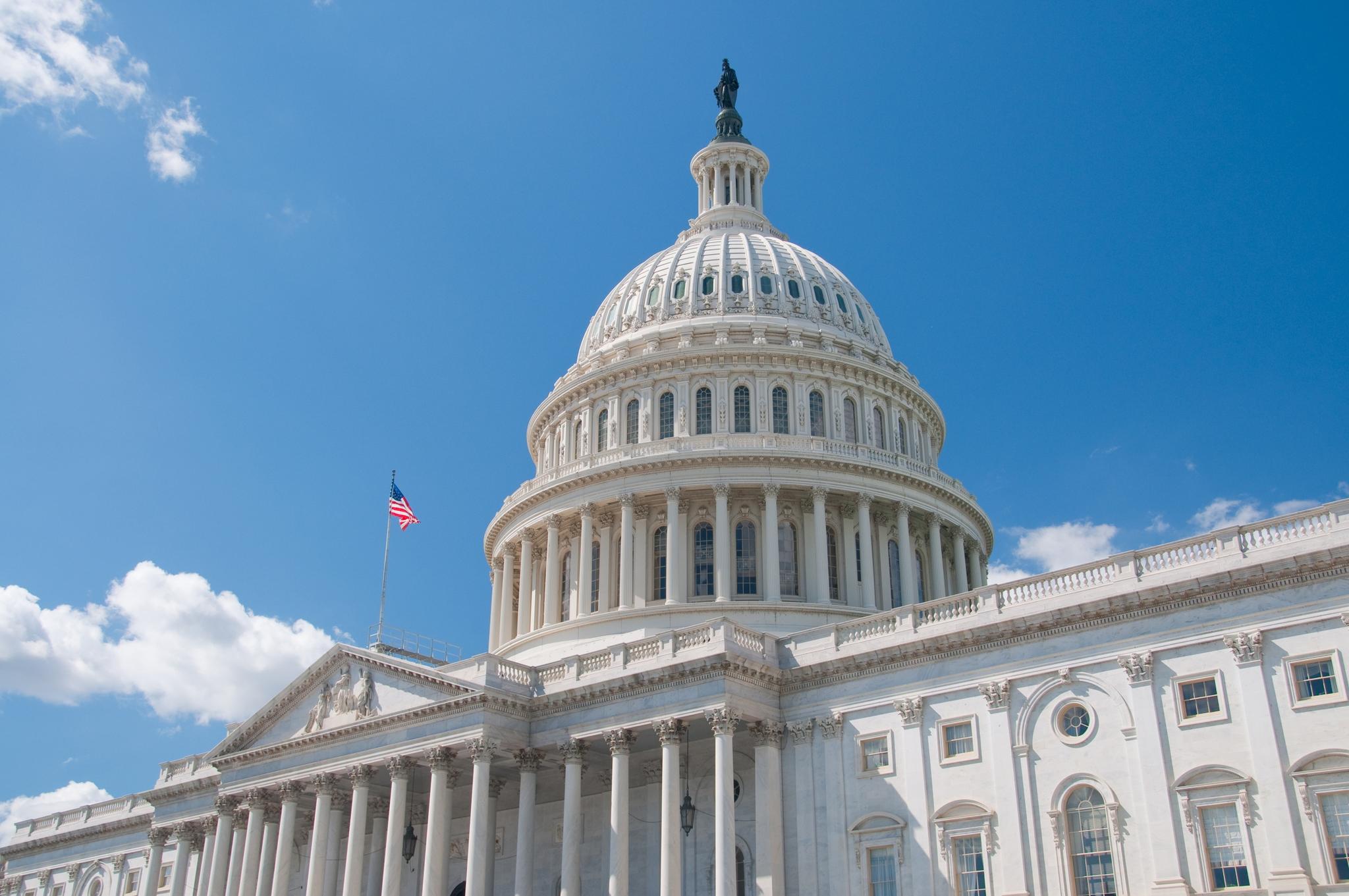Peanut Per Capita Consumption Breaks New Record
National Peanut Board celebrates 20th anniversary with all-time high of 7.6 pounds per capita consumption
Founded in the year 2000, the check off for America’s peanut farmers and their families celebrates 20 years of growth with an unprecedented level of per capita peanut consumption. Calculated based on USDA and U.S. Census data, per capita peanut consumption has risen to an all-time high of 7.6 pounds in 2020.
America’s love for peanuts is stronger than ever. “Consumers seek out foods that bring them comfort, convenience and good nutrition,” said Bob Parker, NPB President & CEO. “Americans have a unique love and positive relationship with peanut butter and peanuts and we’re seeing that demonstrated not only in consumption numbers, but also in the volume and intensity of positive conversations on social and traditional media.”
This success is achieved through collaboration and efforts across the entire industry. Farmers, buying points, shellers and manufacturers strive to supply quality products to consumers and many industry organizations work together to contribute to these accomplishments. The entire peanut family has cause for celebration.
While the pandemic played a role in sales and usage in the last five months of the marketing year, peanut consumption was well on its way to an increase before the global health crisis. “Beginning in March, we saw significant increases in peanut butter and peanut snack sales, usage and consumption due to the pandemic purchasing behaviors and increased demand from food banks,” said Parker. “Even though peanut candy and in-shells experienced declines during the first months of the pandemic due to closures and restrictions, they ended the year with increases.”
Consumer marketing is a core program area to drive consumption. NPB focuses on reaching the Millennial generation who can have the largest impact on peanut consumption. Over the past year, NPB’s Spreading Good campaign has successfully tapped into what Millennial and younger consumers value: purpose, practicality and love. Campaign activities triggered donations of thousands of pounds of peanuts and peanut butter to food banks and donations to charities, along with achieving millions of engagements. In 2018, in an NPB research survey, Millennials chose peanuts as their favorite nut for the first time.
Although less than one percent of the population is estimated to have a peanut allergy, NPB has invested heavily in this area to find solutions for peanut allergy. Since 2001, NPB has allocated more than $32 million to food allergy research, education and outreach. With the release of the 2017 guidelines from the National Institute of Allergy and Infectious Disease that recommends introducing peanut foods as early as 4-6 months to help prevent potential peanut allergies, NPB launched multiple award-winning consumer education campaigns and is continuing to advocate for awareness and adherence to the guidelines with pediatricians and other influential health professionals. Peanut baby foods—a category that didn’t exist five years ago—are burgeoning with large food brands entering the space, including Gerber’s recent launch of a peanut puffs line, Happy Family Organics baby food with peanut, and Earth’s Best peanut puffs.
Donnie White, a North Carolina peanut farmer and 2005 chairman of the National Peanut Board, said, “our primary objective [since the beginning] has been to increase consumption. While research is a key component of NPB’s core mission, my focus was on promotion because if you can’t sell peanuts, there’s no need to grow them. NPB has done an excellent job the past 20 years by being unified in our mission and by working with other peanut industry associations.”
“NPB has been steadfast in our mission for two decades,” said Peter Froese, NPB Chairman and Texas board member. “These latest consumption numbers underscore the success of our efforts in marketing and finding solutions for peanut allergy, and drive us to continue working hard to deliver results for America’s peanut farmers and their families.”
For more information about the National Peanut Board, visit www.nationalpeanutboard.org.
The National Peanut Board represents USA peanut farmers and their families. Through research and marketing initiatives the Board is finding new ways to enhance production and increase consumer demand by promoting the great taste, nutrition and culinary versatility of USA-grown peanuts. For more information about the board, visitwww.nationalpeanutboard.org. For more information about the early introduction of peanut foods to prevent peanut allergy, visit www.preventpeanutallergies.org.


